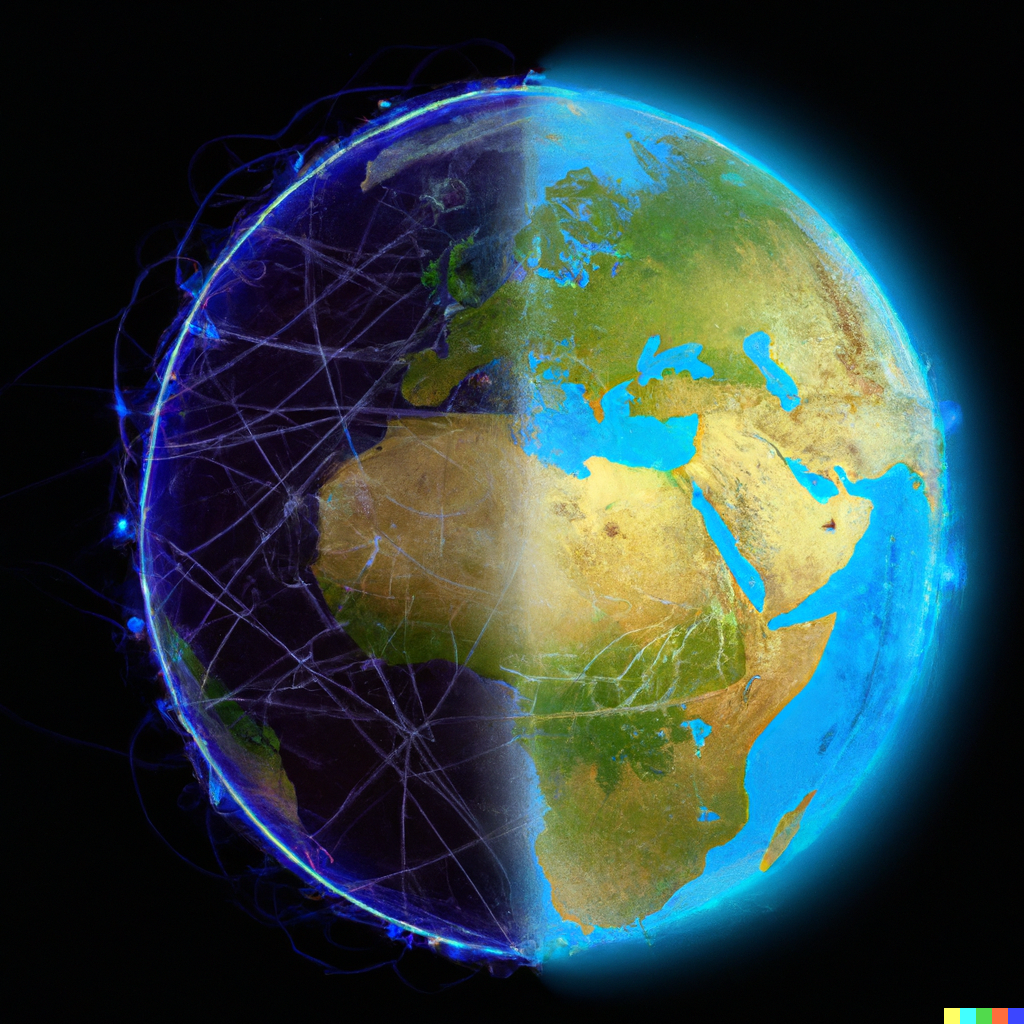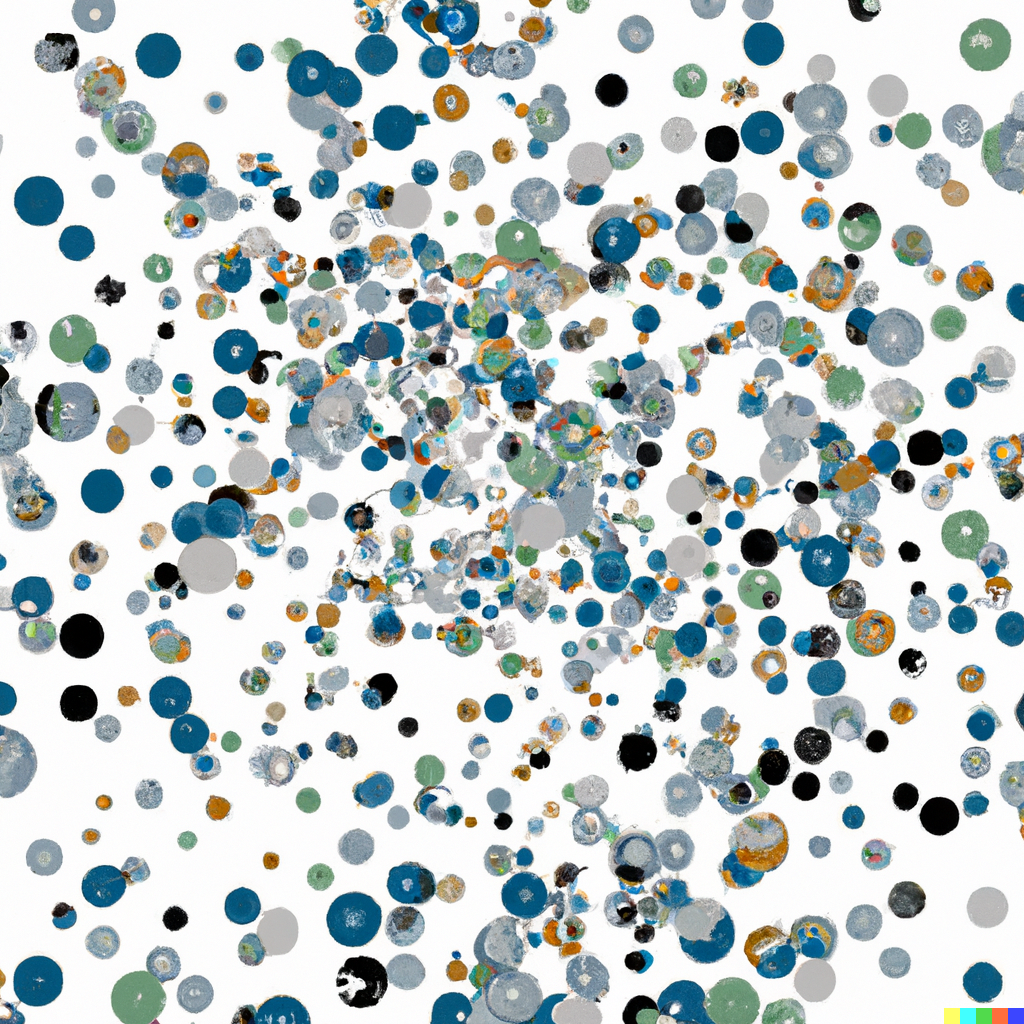Projects

In this project, we are working to develop a framework for thinking about the impacts of AI that is broader, more interconnected in terms of short-, medium- and long-term beneficiaries, and entangled with issues such as power, wealth, and the resulting influence on economic, political and legal factors which make certain applications of AI more likely. One of the challenges of thinking about an "ethical" AI or an "AI for Social Good" is the tendency to move conversations into the cultural realm, where goodness and badness may be viewed as culturally subjective terms. One approach to resolve this problem is to unify different definitions and arrive at a set of "universal" principles. Another approach is to align work with a set of goals that has already been vetted by an international community of stakeholders. In our view, these approaches do not adequately consider longer-term, indirect impacts that are likely to influence matters of justice, nor do they include a wide-enough scope for potential beneficiaries and potential harms to anticipate how this technology will impact our world. In this project, we are working with collaborators Soraya Kouadri Mostéfaoui and Syed Mustafa Ali to explore ways of considering the impacts of AI and its subfields that include decolonial perspectives of world systems thinking
Complementing a broader, ecological perspective on the current and future impacts of AI, within the current paradigm of racialised, industrial capitalism, we also wish to identify what might emerge under different circumstances or directed toward goals that are not normatively connected to AI. Queerness, as a world-building concept, involves disrupting, dismantling and dissolving normative constructs that exclude and oppress. What are the ways in which queer people are engaging with this technology? What does the project of "queering AI" mean thus far? These are some of the questions we will be exploring with artists, writers, researchers and activists associated with the queer community.


One important strand of our research is concerned with how AI Researchers and Developers come to hold the viewpoints they have on the impacts of AI and their role in determining those impacts. What levels of impact do AI researchers consider? How do they conceptualise the harms and benefits of AI? What principles do they follow, if any, to mitigate potential harms? Where did they learn this? Through this line of research we hope to understand more about where and how those working on AI begin to formulate their ideas about what AI should become.